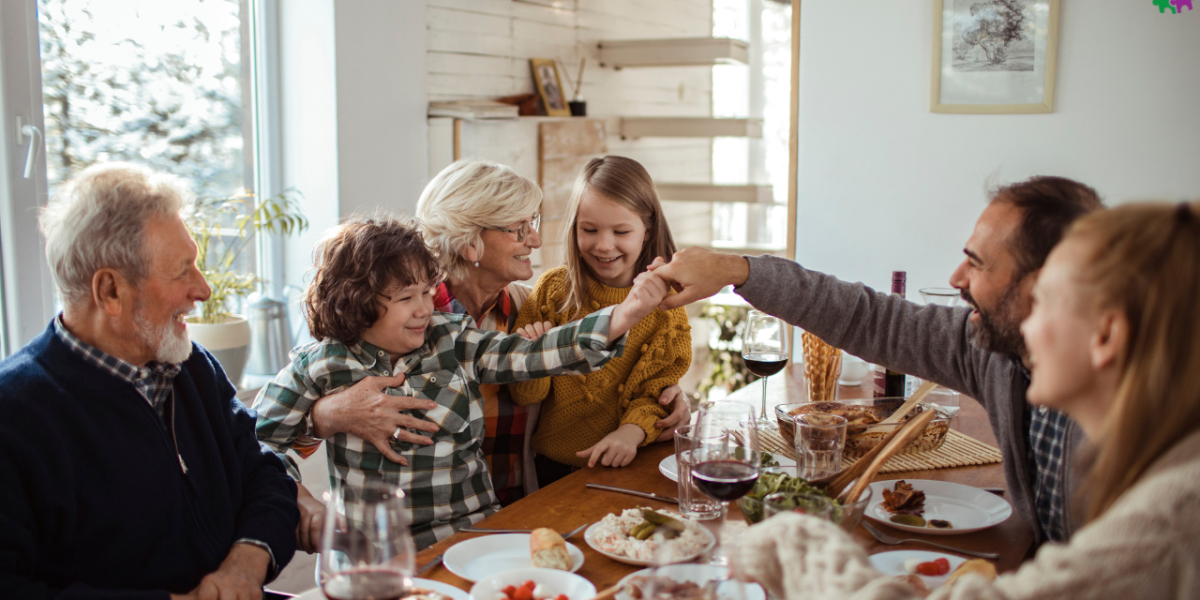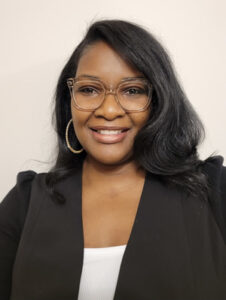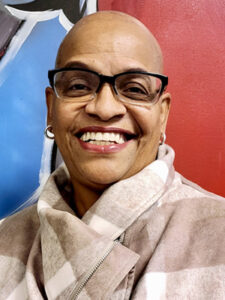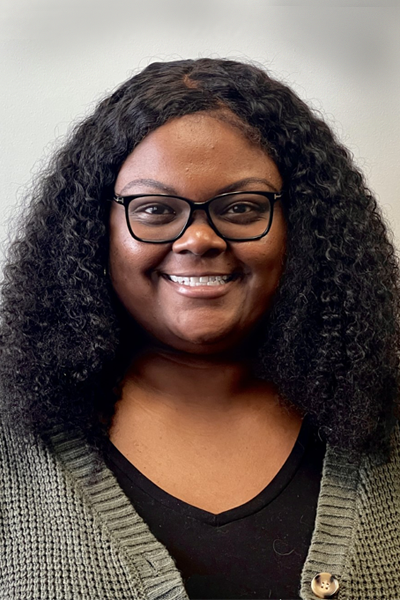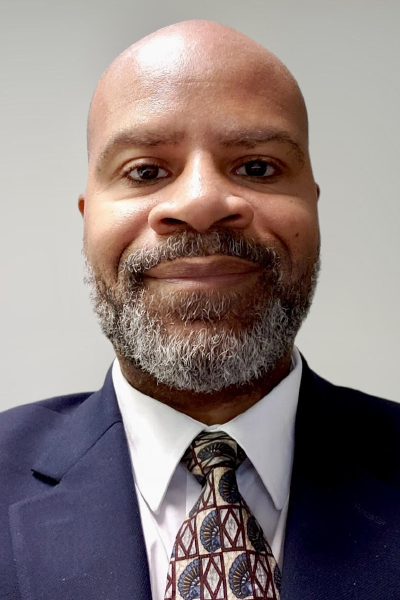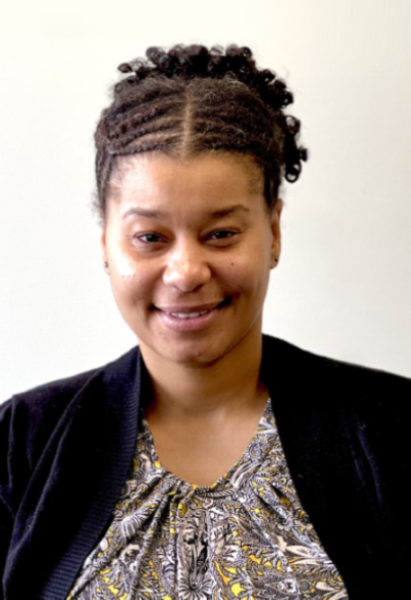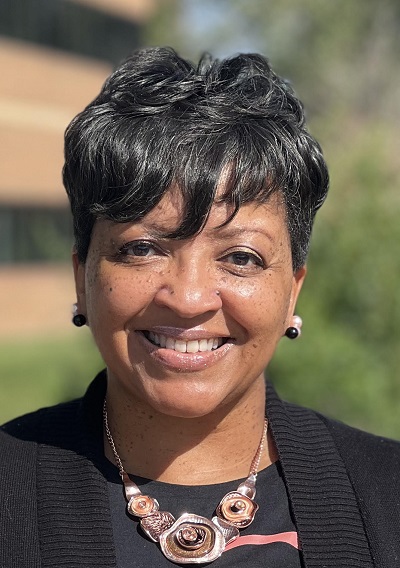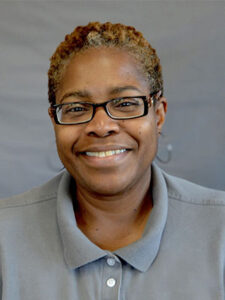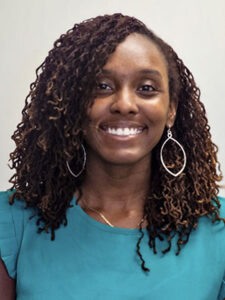December 3rd is the International Day of Persons with Disabilities, dedicated to raising awareness about the challenges that people with disabilities can face. This year, as we honor this day, let’s be aware and recognize the challenges people with disabilities often face during the holiday season—and consider ways we can help make this time more inclusive and supportive.
For many people with disabilities, the holidays are a time filled with mixed emotions. On one hand, the season can bring joy and connection. On the other, it can amplify feelings of isolation, especially when physical, cognitive, or emotional limitations make it harder to participate in holiday traditions or social events. Here, we’ll discuss some of the obstacles people with disabilities may face during this festive time and how small changes can make a big difference in making the season more accessible and joyful for everyone.
Challenges for Persons with Disabilities During the Holidays
Physical Accessibility Issues
Locations for holiday gatherings sometimes present challenges for people with mobility challenges. Winter weather and crowded spaces can make navigating even more complicated, limiting social interactions and increasing feelings of isolation.
Sensory Overload
For those individuals with sensory disorders or cognitive disabilities, the lights, sounds, and crowds expected during the holidays can be overwhelming. Holiday gatherings and events may need adjustments to help those affected to enjoy the season without feeling overstimulated.
Emotional Challenges and Mental Health
The holidays can be a challenging time for anyone, but for individuals with disabilities, they can be especially daunting. Feelings of loneliness or frustration may surface when they see others participating in holiday traditions they might struggle with, creating feelings of exclusion or sadness.
Dietary and Medical Restrictions
Many disabilities come with dietary or medical restrictions, and the holiday season can be rife with food-centric events. Family gatherings may unintentionally exclude individuals if there are limited options that accommodate these needs.
Fatigue and Energy Limitations
For those with disabilities that affect energy levels, such as chronic fatigue syndrome or traumatic brain injuries (TBI), the holidays can be exhausting. The increased social activity and pressure to attend multiple gatherings can affect their health.
How We Can Make the Holidays More Inclusive and Supportive
Plan Accessible Events
Choose locations that offer wheelchair access, parking, and accessible restrooms. If hosting at home, consider setting up a cozy, quiet space for guests needing a break from the action.
Respect Sensory Needs
Consider offering sensory-friendly times for holiday activities, such as quieter hours with dimmed lights or smaller gatherings. These accommodations can make the holidays more inclusive and enjoyable for everyone.
Be Mindful of Food Options
When planning holiday meals, ensure there are options for different dietary needs. Communicating with guests in advance can go a long way in showing you care and want them to feel included.
Foster Inclusivity
Take the time to make everyone feel welcome. Encourage conversation and try to include individuals who may need extra physical or emotional support during the holidays.
Focus on Connection, Not Perfection
The season’s true spirit is about connection and joy, not about doing everything “perfectly.” Acknowledging and accommodating different needs allows everyone to enjoy the season.
Celebrating the Resilience and Strength of People
International Day of Persons with Disabilities is a reminder to be mindful of the challenges many face year-round. During the holiday season, when inclusion and community are especially important, taking small steps to consider the needs of people with disabilities can help make the holidays enjoyable for everyone.
By raising awareness, we can all help make the holiday season special for everyone, regardless of their abilities. Let’s celebrate this season by showing empathy, inclusivity, and support for each person in our lives and continue these practices well beyond the holidays.
Learn more about the International Day of Persons with Disabilities from the World Health Organization.


